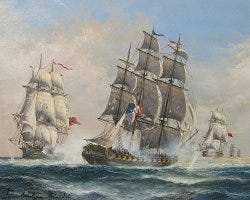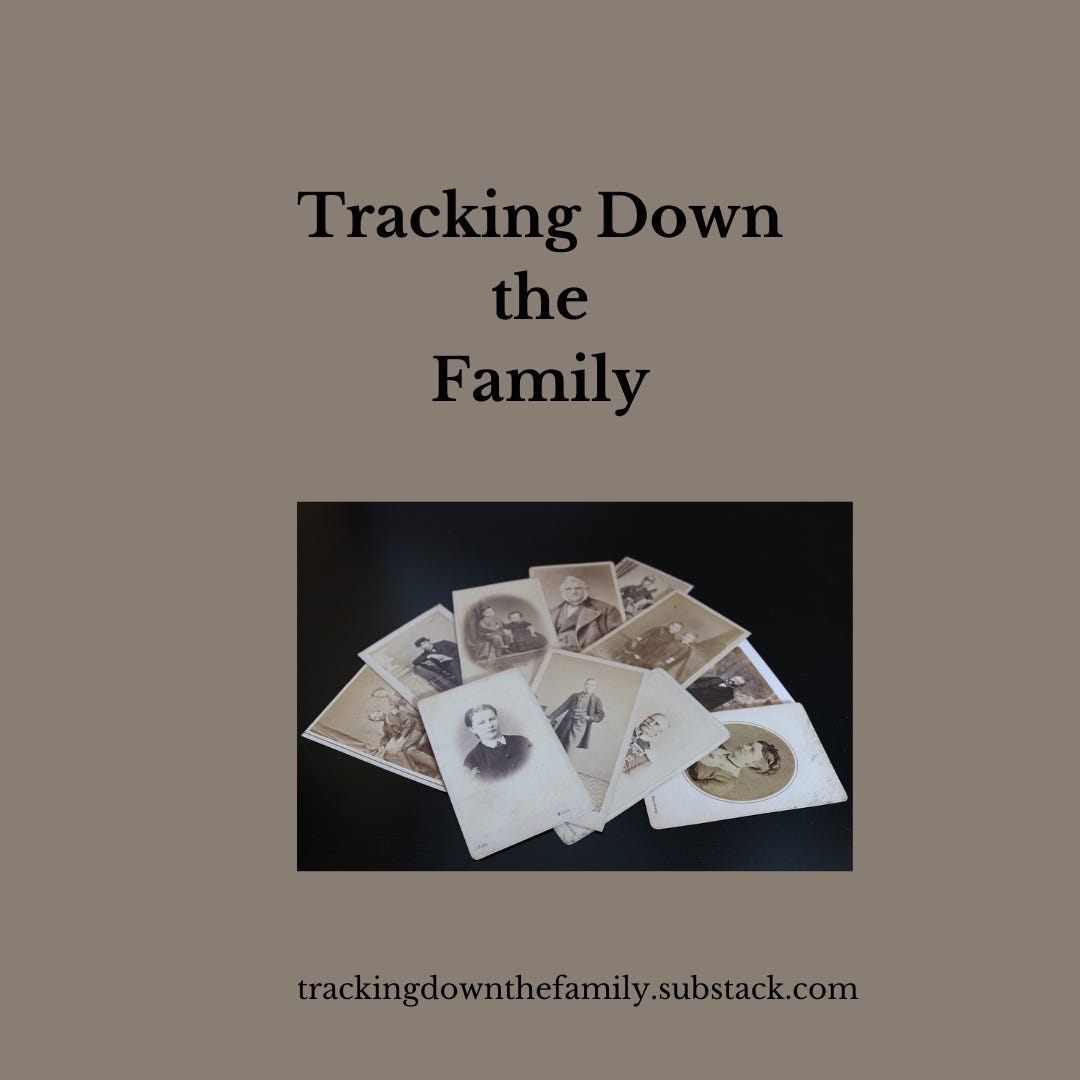Do you have a convict in your family? This is the question that people always ask when they hear that I have been tracing my family tree for over four decades. For many years, my answer was that no, I don’t have any convict ancestors. I desperately wanted to find a convict in my family.I did like to think that one day I might find that little bit of rebel in what is otherwise a seemingly normal and hard working family.
One of the great advantages of having a convict in your family tree is the wealth of detailed records and documents available for research. Tracing the journey of a convict ancestor, from their life before transportation to their experiences in Australia, offers a fascinating insight into both personal and national history. The convict system that transported thousands from England and Ireland to Australia played a significant role in shaping not just our nation, but the stories of countless families.
Following is a closer look at how it worked and why it matters in the context of family history.
Who Were The Convicts?
Contrary to the popular myth of the "hardened criminal," most convicts transported to Australia were anything but that. They were mostly ordinary men, women, and even children,. They were often punished for petty crimes, such as stealing a loaf of bread, a piece of clothing, or other small necessities. These minor offences reflected the harsh realities of life in 18th and 19th century Britain, where poverty often led people to make desperate choices. Far from being dangerous criminals, many of these individuals were simply trying to survive and protect their families.
When researching our convict ancestors, it’s important to remember that they were very likely victims of circumstance, and during their lives as convicts, most showed great resilience in Australia, the new country where they found themselves.
Sentences typically ranged from 7 years to life.
Some convicts were political prisoners.
Many convicts would eventually be freed and go on to build successful lives in Australia.
The First Fleet
In 1787, the First Fleet of 11 ships carrying about 780 convicts, left England and set sail for the other side of the world. After a long voyage at sea, in January 1788 they arrived in Botany Bay.
Captain Arthur Phillip, who led the expedition, became the first Governor of New South Wales. This marked the beginning of European settlement in Australia, and was also the beginning of a new life for many of our convict ancestors.
Life as a Convict in Australia
Convicts were the workforce of early Australia. On arrival, they were assigned to government projects, such as building roads, bridges, and public buildings, or they may have been sent to work for free settlers. The conditions they were forced into were varied:
Some convicts endured harsh punishments in remote penal settlements
Others were treated relatively well and, through good behavior, earned a ticket-of-leave, a conditional pardon, or even, in some cases, a land grant.
After serving their time, most stayed in Australia, married, and raised families.
Convicts were sent to the following places in Australia:
New South Wales (1788–1840) – The original penal colony.
Van Diemen’s Land (1803–1853) – A major hub for secondary punishment.
Western Australia (1850–1868) – The last region to receive convicts.
Norfolk Island – Used for the “worst of the worst,” often a place of brutal punishment.
The End of Transportation
The tide turned against the convict system as free settlers began to outnumber convicts and push for change. Transportation to New South Wales ended in 1840, and the final convict ship arrived in Western Australia in 1868.
In total, around 162,000 men, women, and children were transported to Australia over an 80-year period
Changing Attitudes
In the past, it was considered shameful to have convict ancestors. This is definitely not the case these days. I can remember my excitement when I discovered the two convicts in my family. Researching them was a big task, mainly because there was more information than usual available for them, as can be the case with many convicts.
I have deep respect for my convict ancestors. Their strength, resilience, and determination not only helped them endure unimaginable hardships, but also laid the foundation for the lives and opportunities that we enjoy today.
If you have discovered a convict in your family tree, you’re not alone. Many share this heritage. Thanks to digitised convict records, shipping logs, and colonial archives, we can now piece together their lives like never before.
Coming up next: The Female Convict Ancestor in My Family
Do you have a convict ancestor in your family tree? I’d love to hear your story. me a and will always reply to your comments
The above information is general information taken from the numerous books that I have read, and conferences and webinars attended over many years of researching my family history.
General Reading
Smith, Babette. The Convict Stain: The Startling Legacy of the Convict Era. Viking, Ringwood, Vic., 1988.
Barnard, Simon. The A–Z of Convicts in Van Diemen’s Land. Text Publishing, Melbourne, 2014.







Nice! I am still to write up something about the Gaelic minister. Much of his case is well represented online already… e.g. on the lovely https://threadinburgh.scot/2022/08/30/the-thread-about-the-edinburgh-gaelic-chapels-and-the-spiritual-wanderings-of-the-citys-gaels/The thread about the Edinburgh Gaelic churches and the spiritual wanderings of the City’s Gaels – Threadinburgh or at https://www.edinburghnews.scotsman.com/arts-and-culture/the-real-edinburgh-reverend-who-stole-literature-centuries-before-the-book-thief-595076The real Edinburgh reverend who stole literature centuries before The Book Thief … a sad tale. So far I did have a thrill of visiting the National Library of Scotland to look at, and thus hold, one of the books he stole. But the real problem was not his self destructive kleptomania, but the philandering and women chasing that preceded it, and I guess precipitated it, that was covered up by some in the church.
Great post Jennifer. I don't think we have any convicts (of the Australian kind) - I remember reading a fascinating book about the history - can't remember the name of the book - I will have to hunt.